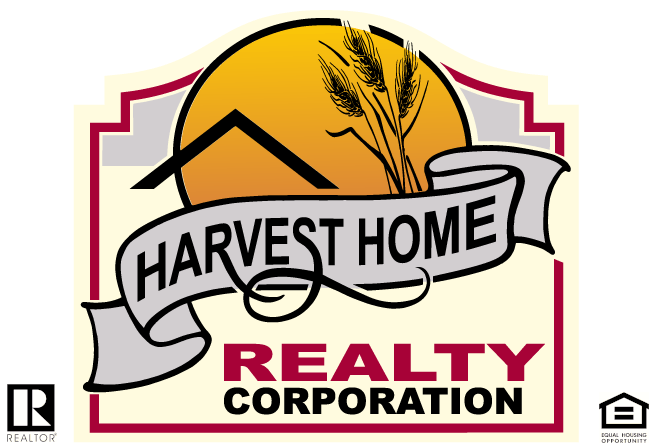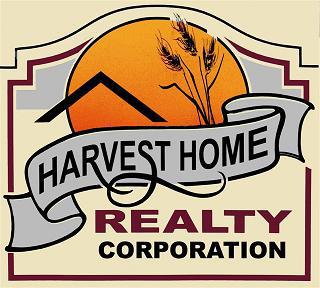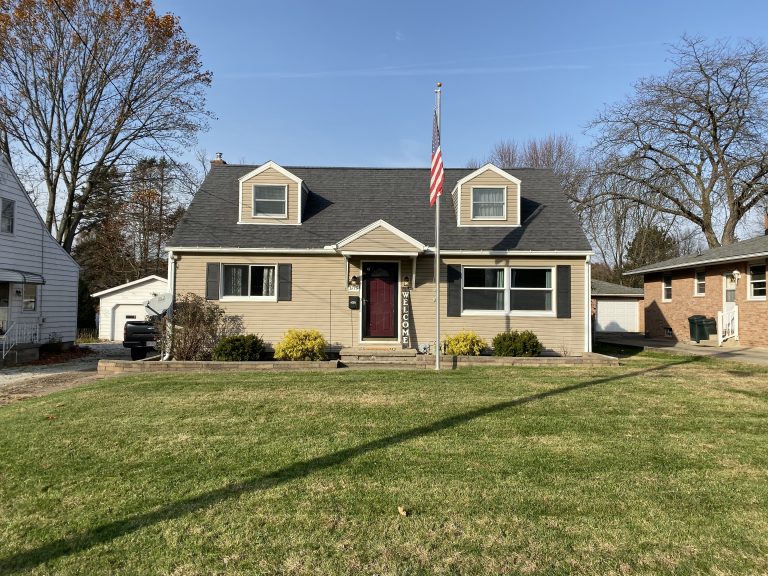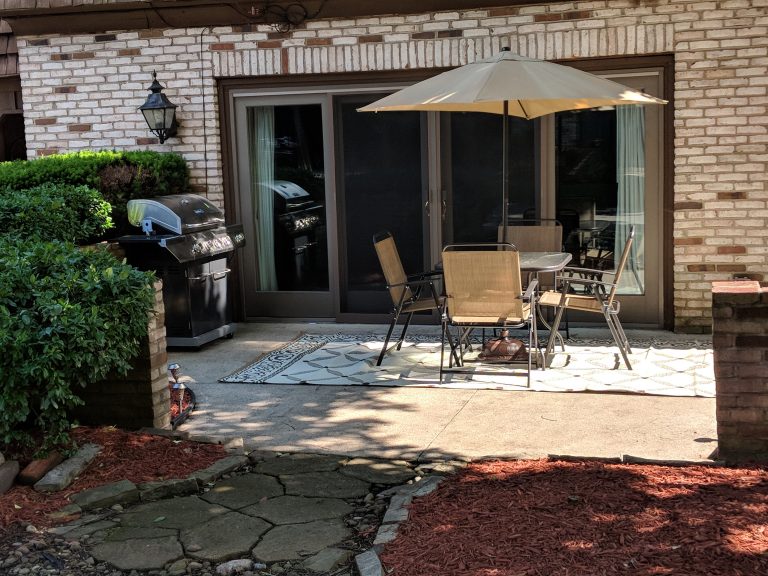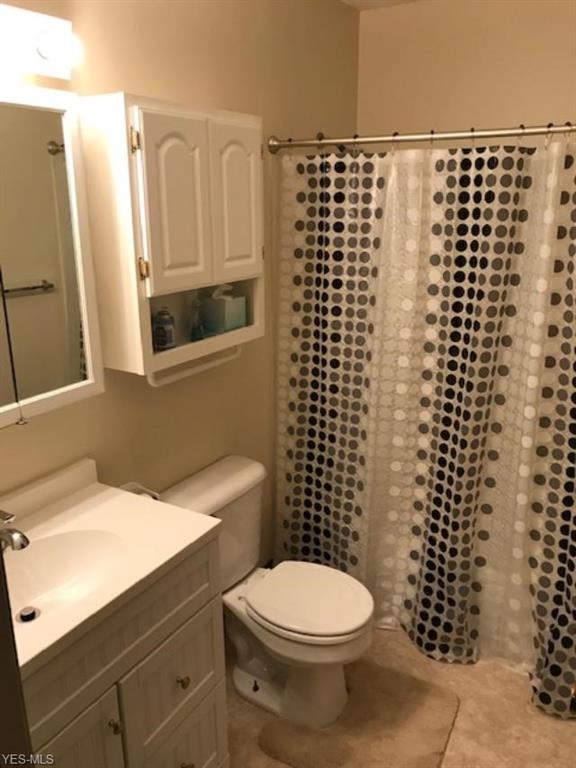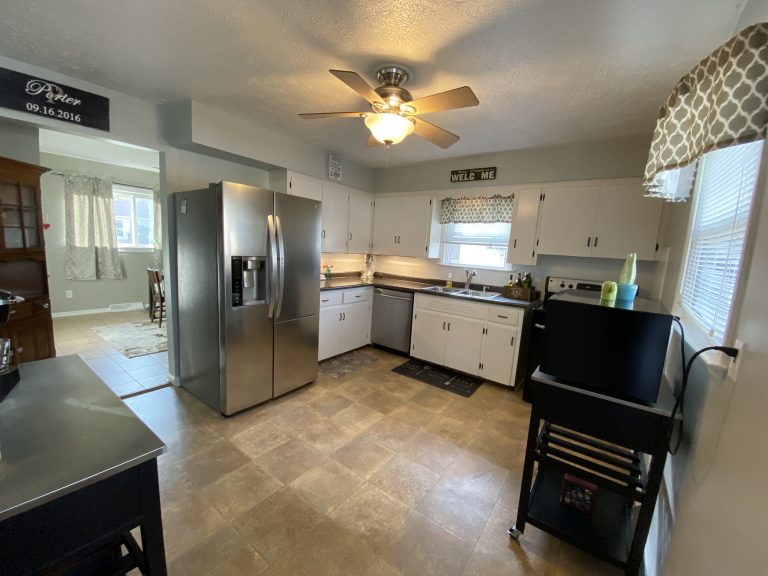The kitchen island has long been a staple of modern kitchens, serving as a versatile centerpiece for cooking, dining, and socializing. However, the latest trend in kitchen design takes the concept of the kitchen island to a whole new level, transforming it into a multifunctional marvel that maximizes both utility and aesthetics. Let’s explore the various features that make these modern kitchen islands a must-have for contemporary homes.
Integrated Appliances
One of the most significant advancements in kitchen islands is the integration of appliances directly into the island itself. Gone are the days when islands were merely additional countertop space. Today, you can find islands equipped with built-in cooktops, ovens, wine coolers, and even dishwashers. This integration streamlines the cooking process, allowing the cook to move seamlessly from one task to another without leaving the island. Imagine preparing a meal while your guests sit around the island, engaging in conversation, all while you have everything you need within arm’s reach.
Seating and Dining Areas
Another popular trend is incorporating seating and dining areas into the kitchen island. Extended countertops or built-in seating options like bar stools or bench seating transform the island into a casual dining space or breakfast bar. This setup not only provides additional seating but also creates a more inclusive and social atmosphere in the kitchen. Whether you’re hosting a dinner party or having a quiet family meal, the kitchen island becomes a central gathering spot, fostering a sense of togetherness.
Smart Technology
As smart home technology continues to evolve, it’s no surprise that it has found its way into the kitchen. Modern kitchen islands now feature smart technology such as touchless faucets, wireless charging stations, and integrated speakers. These innovations add a layer of convenience and luxury to your kitchen experience. Imagine adjusting the volume of your kitchen playlist with a voice command or charging your phone wirelessly while you cook. Smart technology in kitchen islands not only enhances functionality but also brings a futuristic touch to your home.
Enhanced Storage Solutions
Storage is always a critical concern in any kitchen, and modern kitchen islands address this need with innovative storage solutions. Today’s islands come with custom cabinetry, pull-out shelves, hidden compartments, and built-in organizers. These features help keep your kitchen organized and clutter-free, making it easier to find and access your cooking essentials. With everything neatly stored within the island, you can maintain a clean and efficient workspace.
Stylish Designs
Of course, functionality isn’t the only consideration when it comes to modern kitchen islands. Aesthetics play a crucial role as well. High-quality materials such as quartz, marble, and butcher block are popular choices for island countertops, offering both durability and elegance. Sleek, modern designs with clean lines and sophisticated finishes make the kitchen island a focal point in contemporary kitchen decor. Whether you prefer a minimalist look or a more eclectic style, there’s a kitchen island design to suit your taste.
The modern kitchen island is a testament to how far kitchen design has come, combining functionality, technology, and style into one central piece of furniture. These multifunctional islands are more than just a place to prepare food; they are the heart of the kitchen, where cooking, dining, and socializing converge. As trends continue to evolve, the kitchen island remains a key element in creating a space that is both practical and beautiful. Whether you’re renovating your kitchen or building a new home, investing in a multifunctional kitchen island is a decision that will enhance your daily life and add value to your home.
